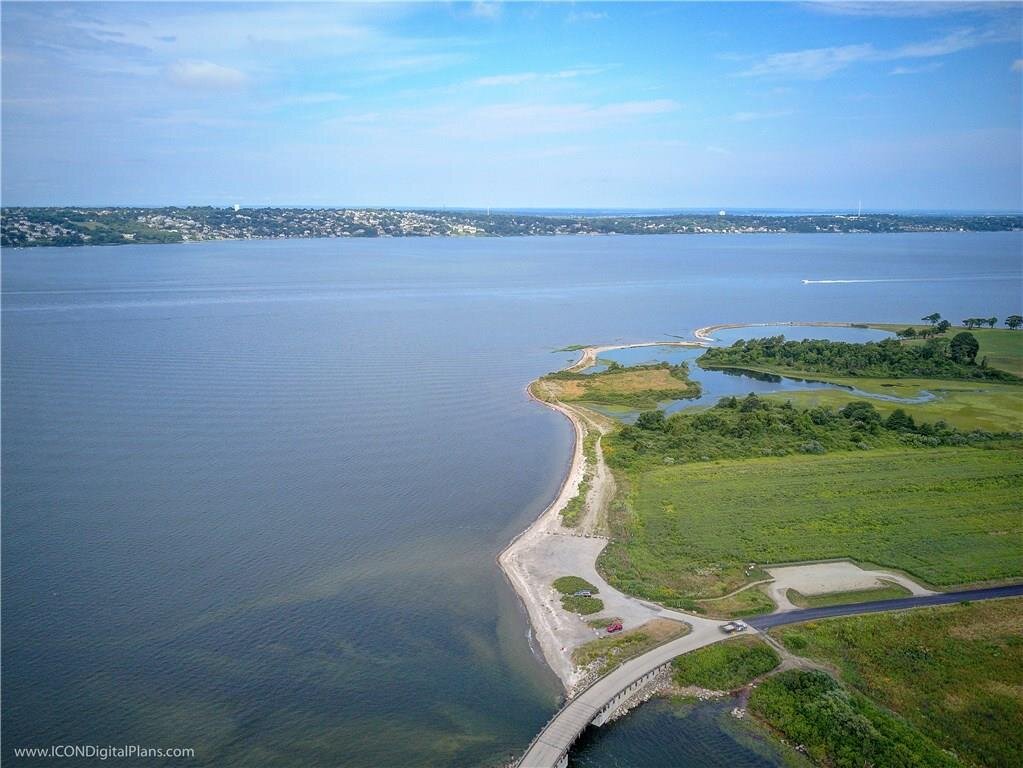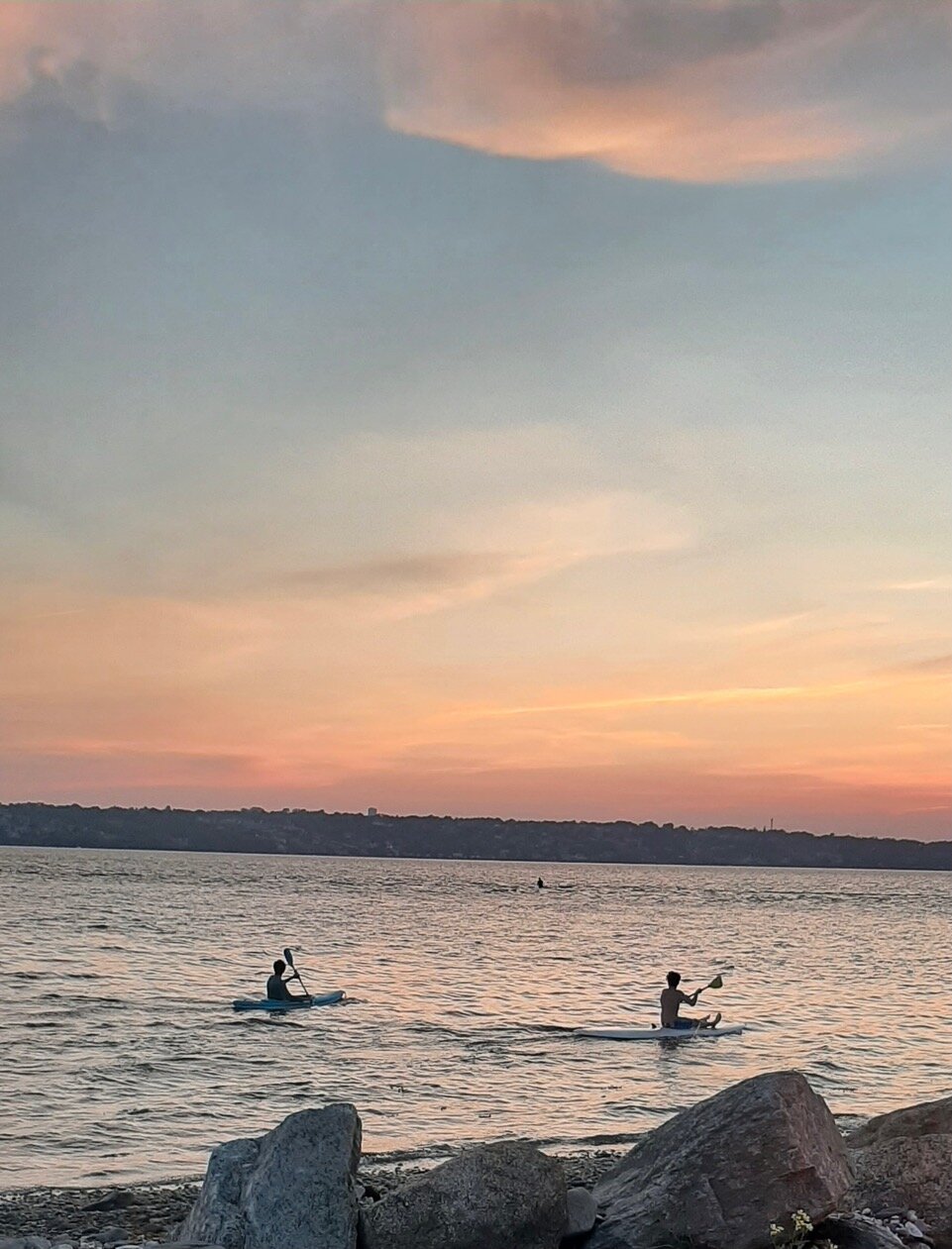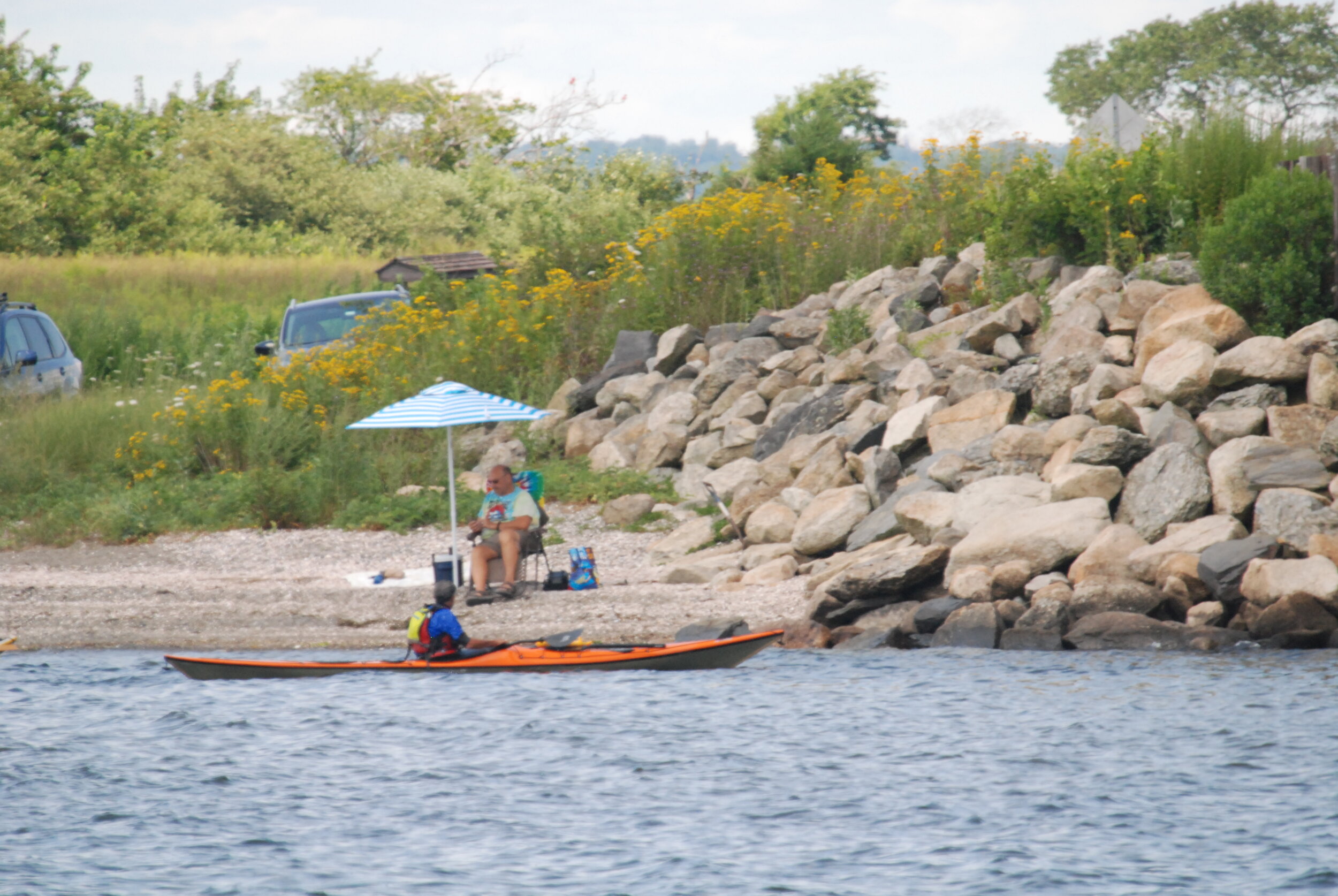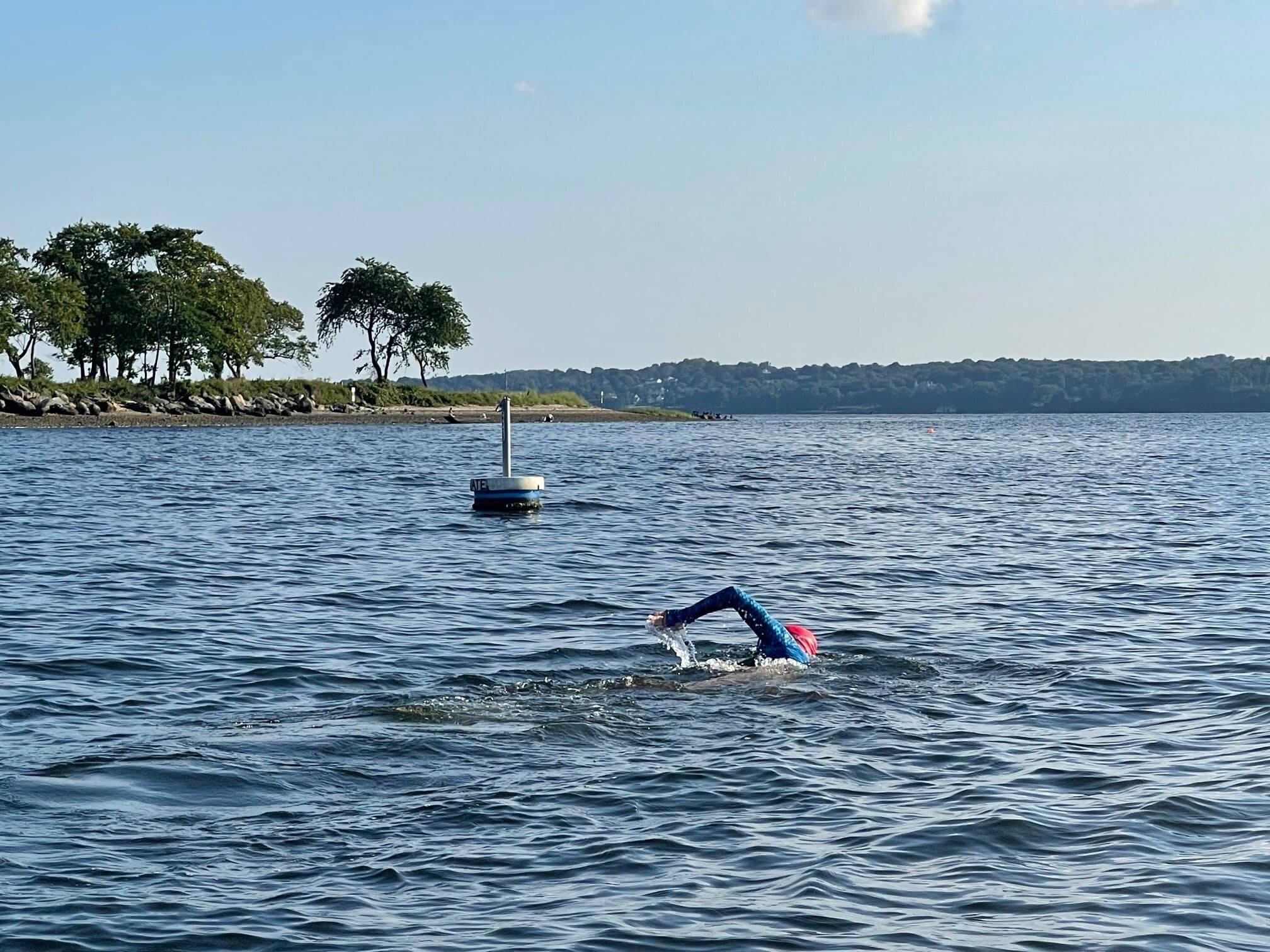Seapowet today
For everyone to enjoy and share
Seapowet tomorrow
Public access obstructed and diminished
There is one proposed oyster farm - on the south side of Seapowet point. The one on the north side of Seapowet point was withdrawn by the applicants in February 2022.
South of Seapowet Point
South of Seapowet Point
Over 70 objection letters from recreational users of the area, residents, and statewide groups in opposition to the location of the proposed farm.
Permit application filed by John Bowen & Patrick Bowen
200 bottom cages to start, spanning approximately .95 acres
The location is very shallow. At low tide, some of the cages will be clearly visible.
The location of the cages is in a heavily used recreational fishing, kayaking, sailing, wading, and swimming area.
Unknown ecological damage to wildlife and environment in close proximity to the Seapowet Marsh
The most affected residents of Seapowet were not aware of the application prior to the end of the public commenting period. They all have since strongly objected to the application.
North of Seapowet Point
As of February 22, 2022 the applicants have withdrawn this application.
As of February 22, 2022 the applicants have withdrawn this application.
North of Seapowet Point
Permit application filed by Bradley Boehringer & Travis Lundgren
Two sets of large, black floating traps that are each 200 x 900 feet
A total of nearly three acres of plastic, metal and rope
200+ feet away from the nearest shoreline
Require gas-powered water pump to wash off cages.
Public access through the farm will be impaired by floating cages. Sailing, kayaking, fishing, and swimming will be displaced by the area of the cages.
Unknown ecological damage to wildlife and environment in close proximity to the Seapowet Marsh
Partially approved with no public discussion or engagement with local community
Background
We believe that aquaculture permit applicants should be required to obtain support from the abutting property owners and surrounding community members.
If your next-door neighbor wishes to erect a new building, zoning law rightfully requires that they discuss with you how it may impact your adjacent property. However, in this case, permit applicants can seek approval of their permanent installation of equipment without notification to abutters, infringing on the abutters’ rights to retain their property values and to enjoy the coastal resources that are shared with the general public to access.
We support the aquaculture farmers’ right to make a living - some of the concerned members of this group are farmers and fishermen ourselves - but we do not assume that this can only be done by infringing on the rights of others. Our proposed resolution is that the aquaculture farmers apply for sites that are already used for commercial aquaculture, and/or do not impact public access to a vibrant recreational use area.
We are asking Coastal Resources Management Council to reconsider the permit applications and restart this process based on the Good Neighbor policy that applicants should “communicate early and openly with water-based and land-based neighbors about any facet of their operation which might affect them.”
Our goal is to create lasting policy that requires the involvement of affected neighbors and the community, so that threats to public access do not come as a surprise to anyone in the Sakonnet River or Narragansett Bay areas again.



























